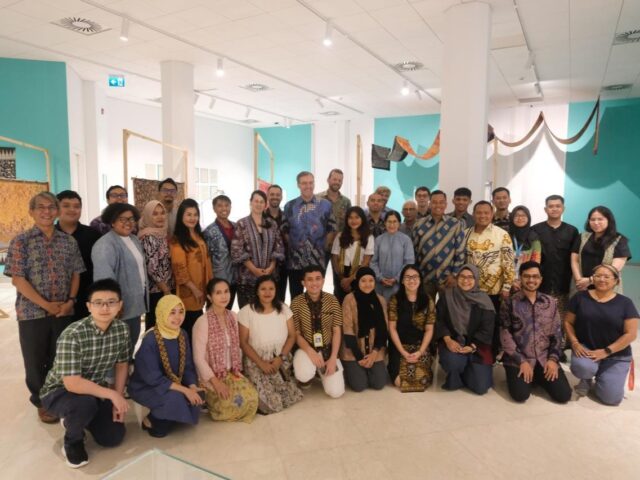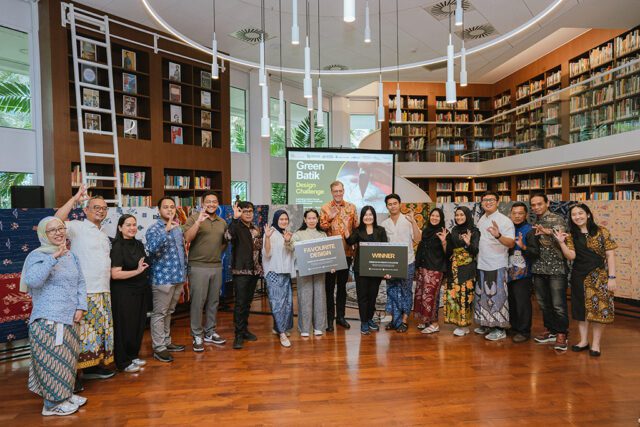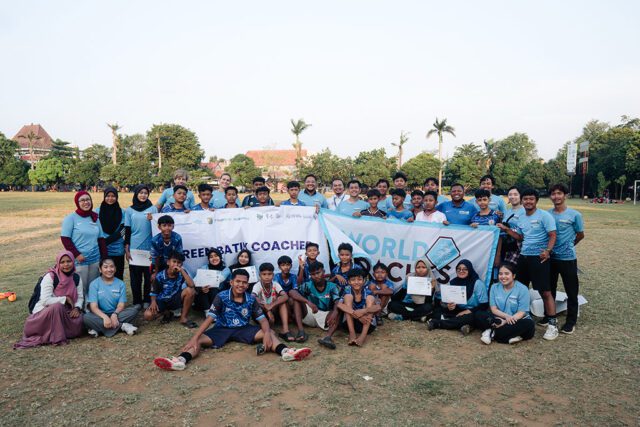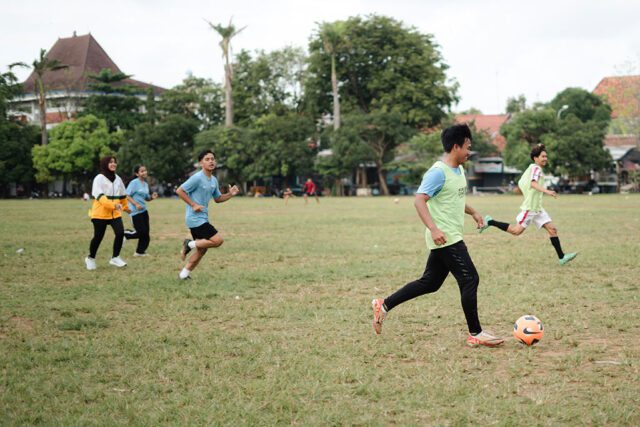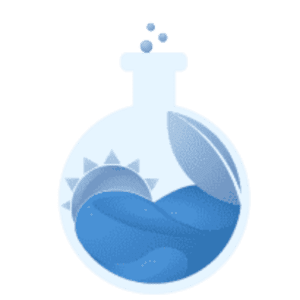On the 27th of November, 2023, The Water Agency organised the “Green Batik Workshop: from Tradition to Innovation” in Erasmus Huis, Jakarta, as a start of an integrated initiative towards Green Batik. The workshop served as a forward-looking forum to discuss actions and explore collaboration from various areas to make the batik process more sustainable and ‘green’.
The workshop brought together people from diverse backgrounds. More than 30 participants attended the workshop, ranging from the governments, the Dutch water sector, non-governmental organisations, and academics. Batik actors and communities from Pekalongan, Yogyakarta, and Bandung also joined the workshop, adding a broader view to the discussion. So many people, and yet, all aim for the same dream, ensuring that Batik will be inherited for long.
Opening Session
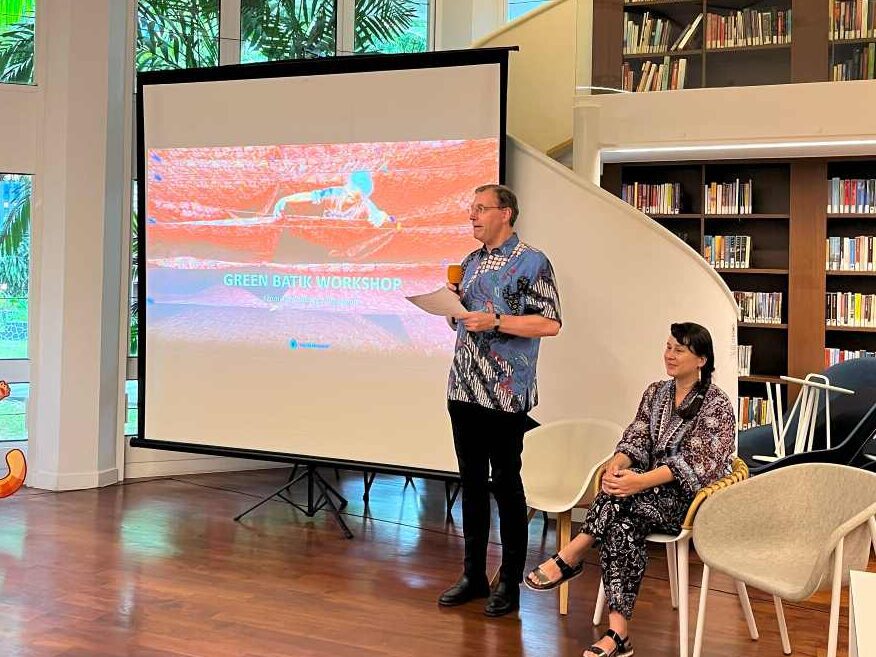
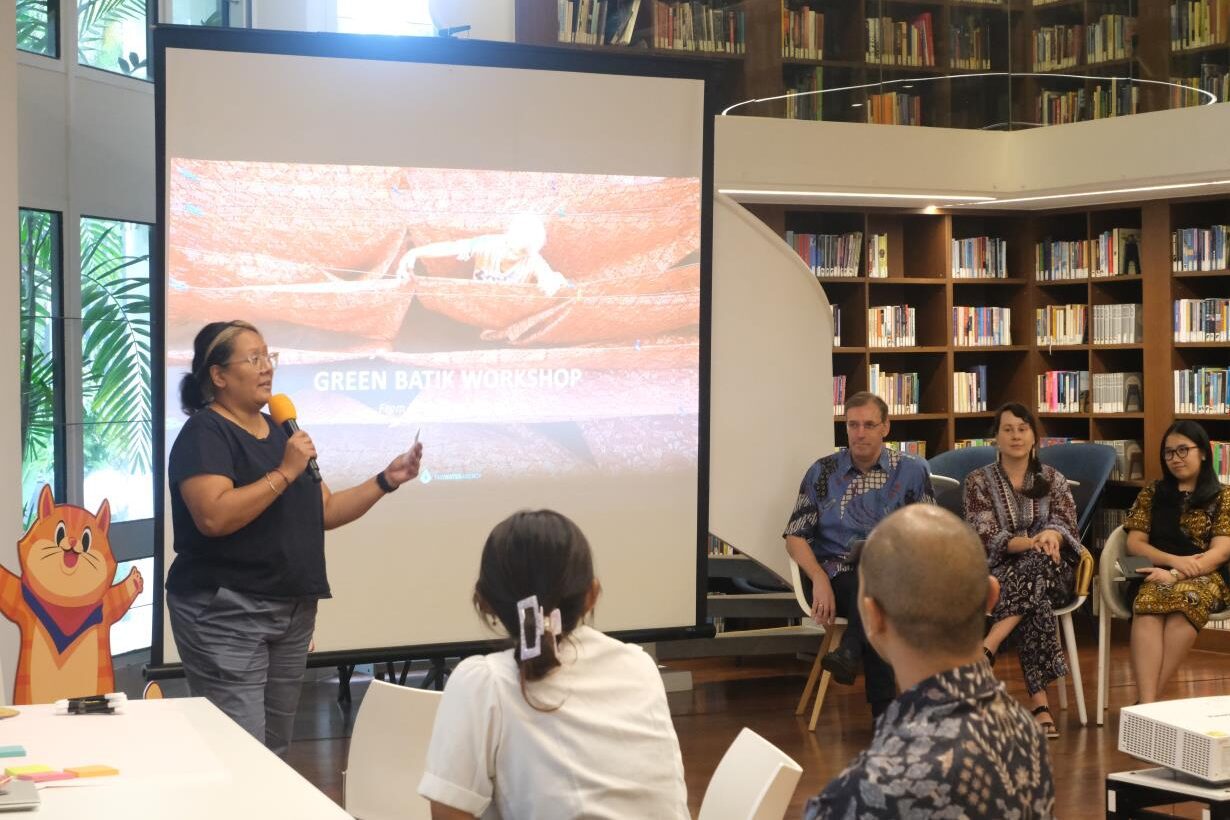
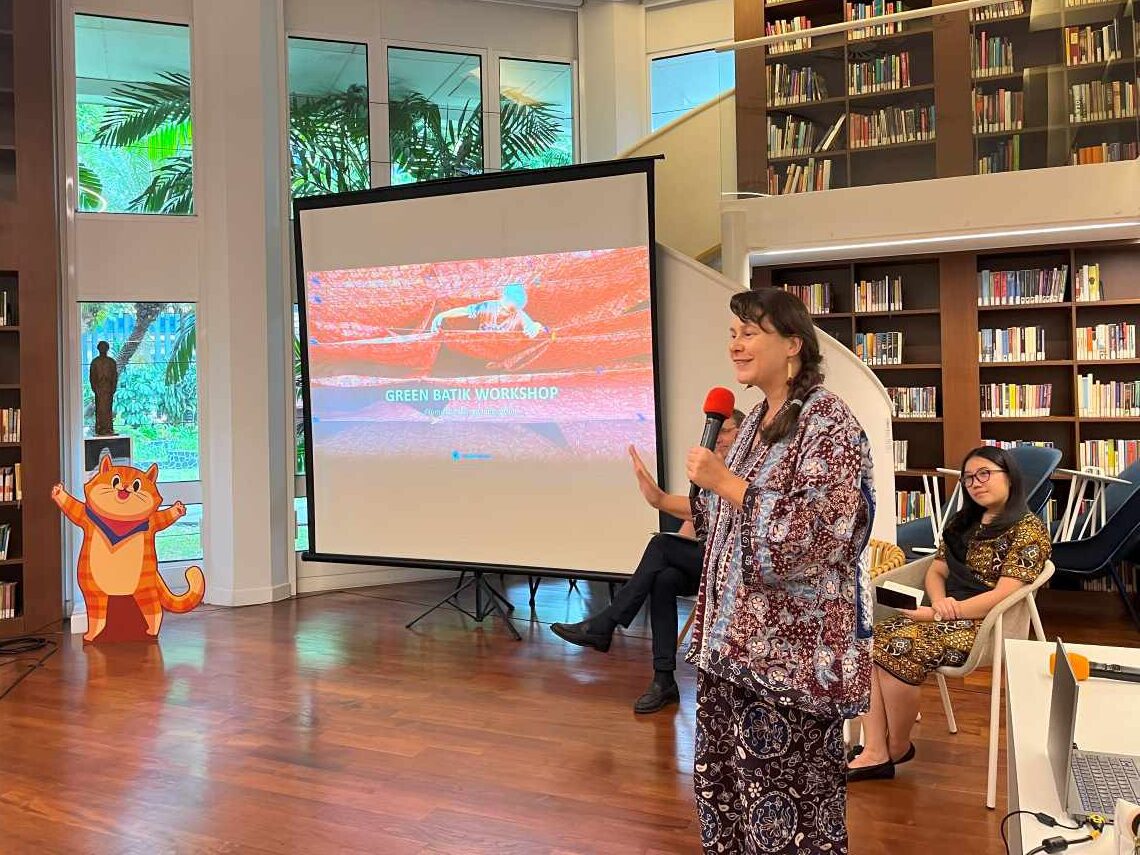
Figure 1, 2, 3. From left to right, Mr Adriaan Palm, Adriana Marantika-Silooy, and Sabine Bolk gave their speeches
The event was started by the opening remarks from Adriaan Palm, Head of the Economic Department and Deputy Ambassador of the Netherlands Embassy. In his speech, Mr Adriaan briefly mentioned the previous and ongoing collaboration between the Dutch governments and Pekalongan City, primarily on the subject of batik. Following that, Adriana Marantika-Silooy as the representative from Erasmus Huis, delivered a few words of her thoughts on this event.
As the forerunner of the Batik Exhibition – “The Future of Batik” where this workshop took place, Sabine Bolk was also delighted to say a few words. Having 14 years of experience as a Batik researcher, Sabine stated that the Batik communities have been long aware of the underlying issues behind Batik, and she was glad that this workshop could be one of many platforms to address that.
Get to know Pekalongan and its Batik
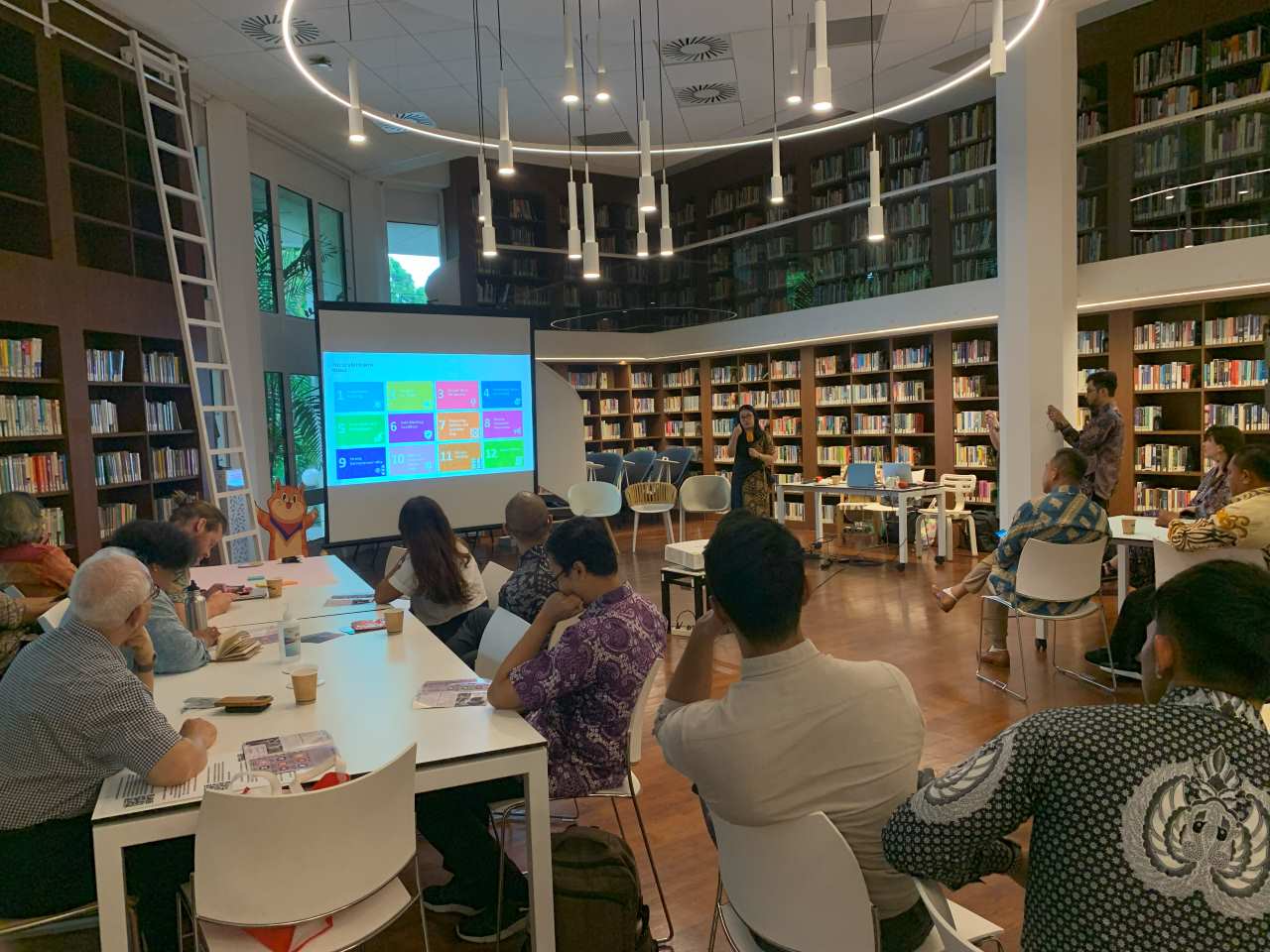
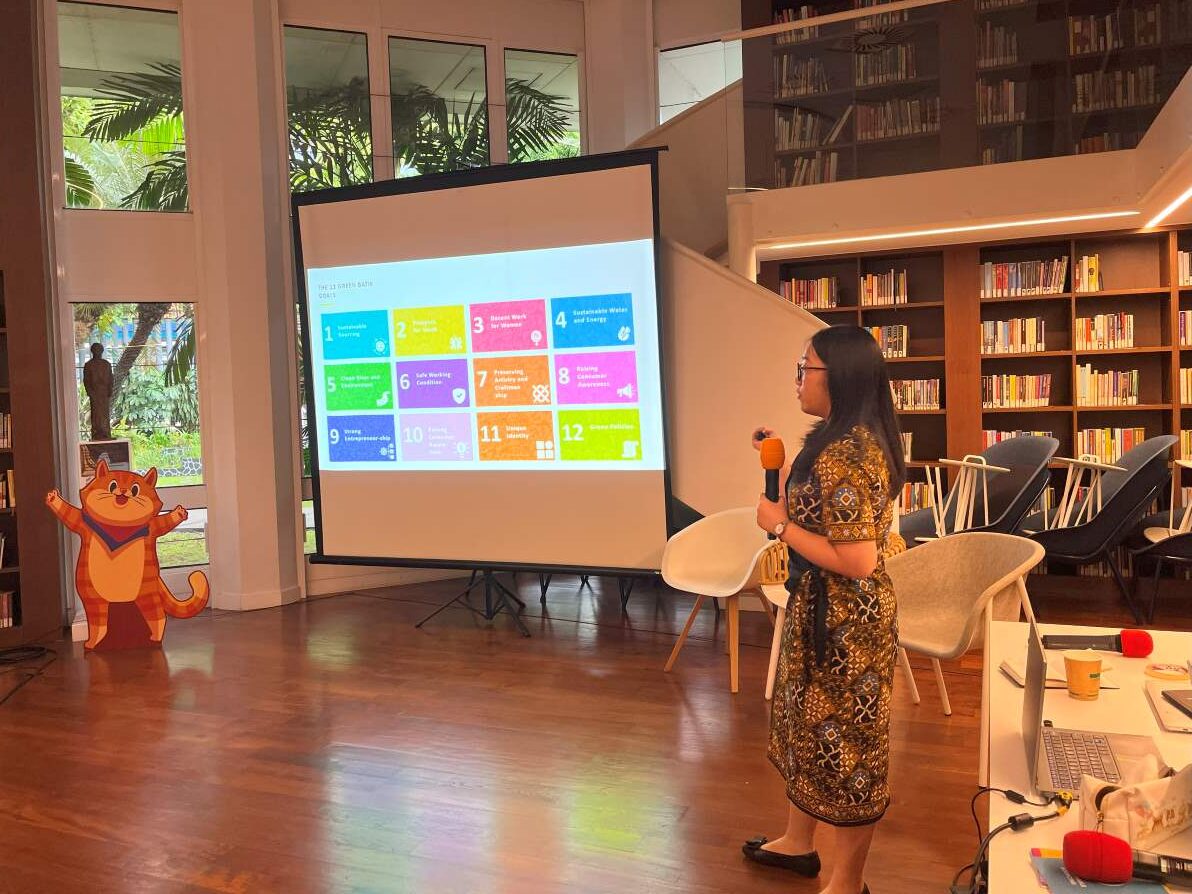
Figure 4 and 5. Presentation on Green Batik by Carrina Lim
The next session began with a presentation by Carrina Lim, the Regional Program Manager of The Water Agency, that introduced batik, its issues in Pekalongan City, and the potential Green Batik Concept. Participants were ‘brought’ to see the existing condition of the environment and batik industry in Pekalongan to gain an understanding of how the current condition will affect the future of batik in Indonesia and how important it is to transform the industry to become more sustainable.
The Batik issues were analysed by using the value chain approach, from material sourcing until the products reached the market. The issues were concisely explained from three perspectives: (1) water and environment; (2) social and economic; and (3) entrepreneurship and market. In this session, the Green Batik Goals were also mentioned, bringing the concept to the spotlight.
Table Discussion
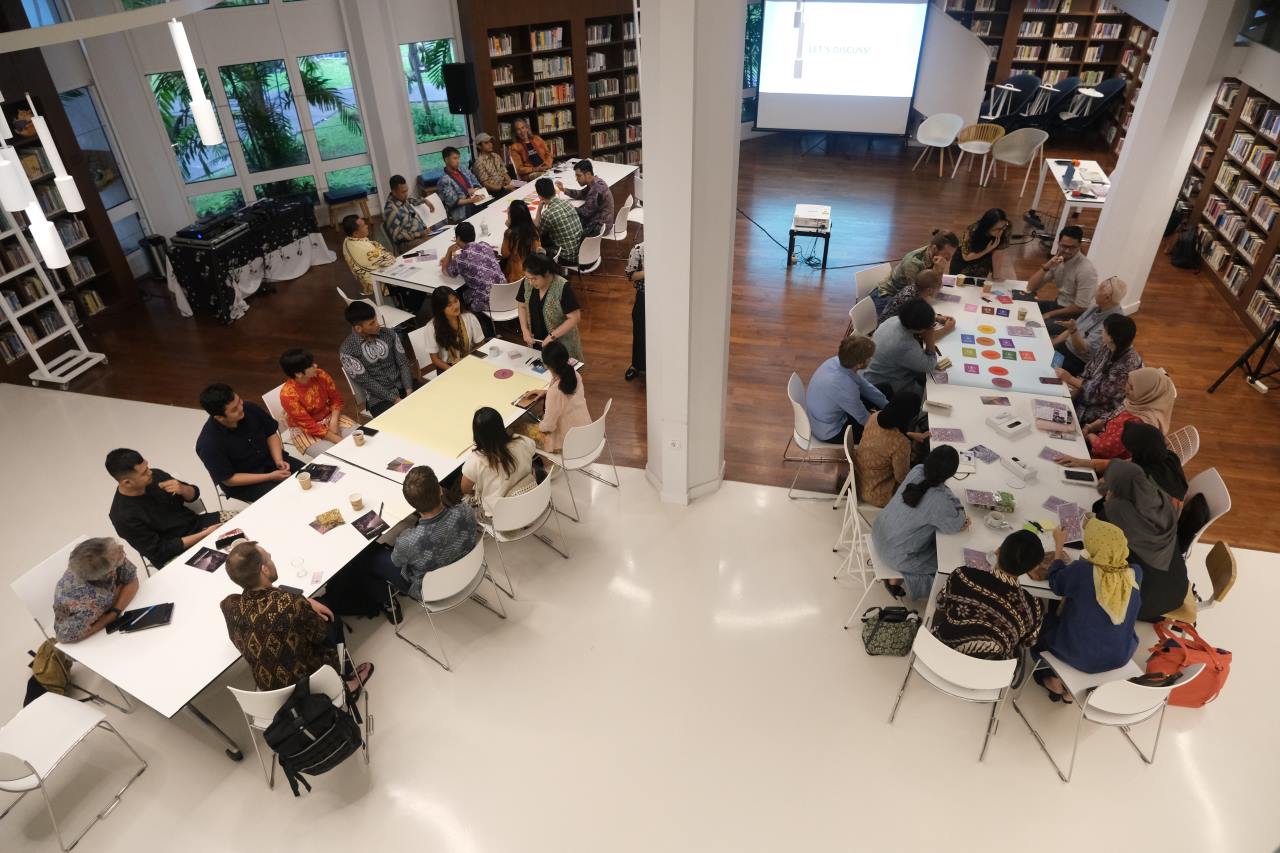
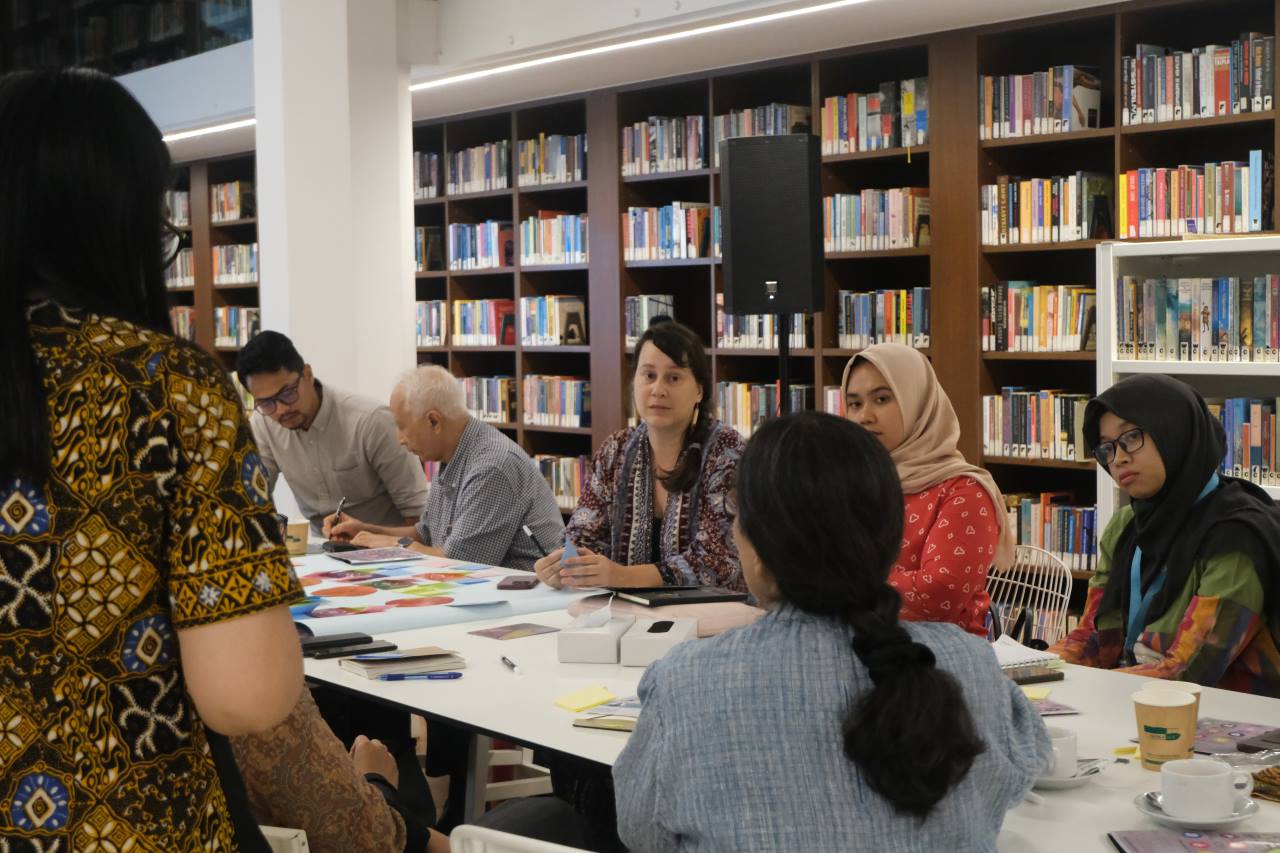
Figure 6 and 7. The table discussion ambience
Here comes the fun part, the discussion session. The discussion was mainly driven by the Green Batik Goals as the primary guidance, directing the participants to discuss actions and potential stakeholders, one goal after another. The participants were divided into three groups (three tables), with each table having a different focus area. Table 1 discussed water and environment; meanwhile, Table 2 and Table 3 discussed social and economic and entrepreneurship and market, respectively. Each table had one moderator from The Water Agency.
This session ran for one hour (and a few minutes more), which was behind schedule, owing to the huge enthusiasm and active participation from each participant. A wide range of new insights and thoughts were merging into one, radiating positive energy, which marked a good starting point for this transformation process. At the end of the discussion, each moderator presented their table’s results, which can be further read here.
Finally, the event was closed with a networking session where all participants got to know each other more. Through this workshop, an opportunity for change has been opened, and it is hoped that the collaboration will grow larger and stronger.
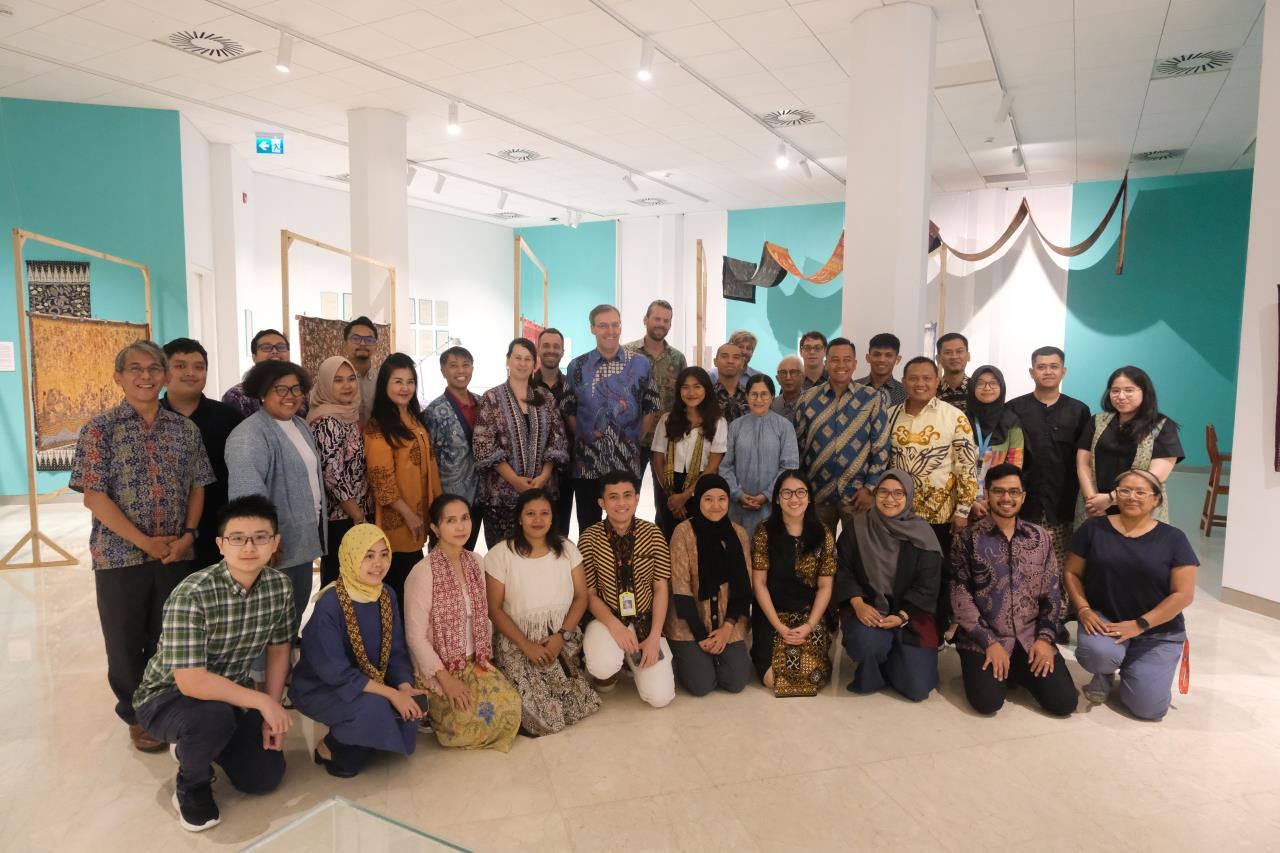
Figure 8. Group photo of the workshop participants
Special thanks to the Dutch Embassy in Indonesia, The Netherlands Enterprise Agency, and the Batik Exhibition by Sabine Bolk, who have given huge support throughout the whole event.

